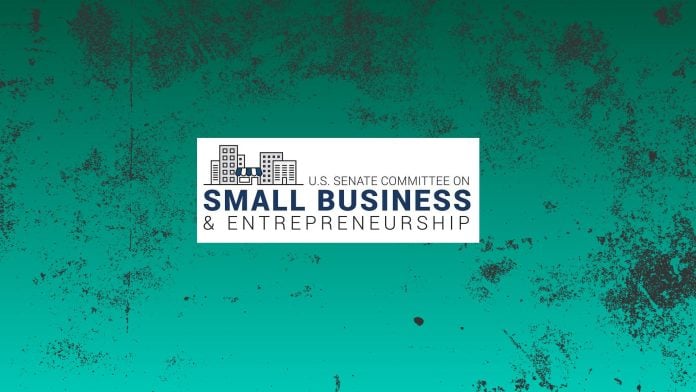A recent controversy surrounding the Small Business Administration (SBA) raises critical concerns for small business owners about the agency’s commitment to impartiality and professionalism. Ranking Member Edward J. Markey (D-Mass.) has voiced strong objections to claims that the SBA has been manipulated as a partisan political tool during the current government shutdown. This situation not only poses questions about governance but also directly impacts the support small businesses rely on from the SBA.
This week, Markey accused the SBA of breaching the Hatch Act by allegedly guiding its employees to include political messaging in their out-of-office email responses. Such actions reportedly extend to the agency’s official website and district office voicemail recordings, a move that could undermine the nonpartisan foundation upon which the SBA is built. "The SBA plays a vital role in stabilizing communities during times of crisis," Markey stated, emphasizing that undermining this mission can harm the very businesses that need support the most.
For small business owners, it’s paramount to grasp the implications of this situation. If the SBA is perceived as a partisan entity, it could lead to hesitancy among entrepreneurs when seeking assistance. The agency’s effectiveness relies heavily on trust; small business owners need to feel assured that the help they receive from the SBA is free from political bias.
The potential challenges are particularly striking. Should the SBA become a political chess piece, small business owners may find themselves questioning the resources they use for loans, grants, and advisory services. Markey’s letter highlights his concerns over ensuring that all SBA communications align with the principles of the Hatch Act, which prohibits federal employees from engaging in certain political activities. This includes advocating for specific political parties or candidates, making the allegations against the SBA even more alarming.
As part of his inquiry, Markey has requested answers to several key questions by October 17, 2025. These include inquiries into who was involved in directing employees to promote political messaging and how decisions were made regarding the inappropriate use of federal resources. Clarity on these issues is crucial for maintaining the SBA’s reputation as an unbiased resource for small businesses.
The timing of this controversy is particularly critical. Small business owners are navigating a complex economic landscape, exacerbated by recent government shutdowns. Many turn to the SBA for guidance, help with accessing funds, and resources aimed at fostering growth. When political interference is suspected, it could deter entrepreneurs from seeking necessary support.
“Career civil servants do not swear their oath of office to a president, a political party, or a campaign, they swear to uphold the Constitution,” Markey asserted, underscoring that the SBA must remain perched on a foundation of integrity. Every small business owner, whether opening a new café or launching a tech startup, relies on unbiased support from federal entities like the SBA.
Small businesses, particularly those in underserved communities, benefit immensely from the services and programs offered by the SBA. Reliable access to support during economic downturns is essential for community stability. The fear that such invaluable resources could become tainted by political agendas would serve only to destabilize the markets, making the role of the SBA even more vital.
As the situation unfolds, small business owners should stay informed about how these developments might impact their access to necessary services from the SBA. Understanding the gravity of this situation not only allows entrepreneurs to prepare for any changes but also holds agencies accountable for their conduct and the potential consequences of their actions.
For further details on this controversy and the ongoing implications for small businesses, visit the original press release here.
Image Via BizSugar



